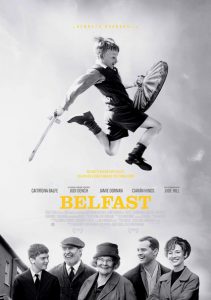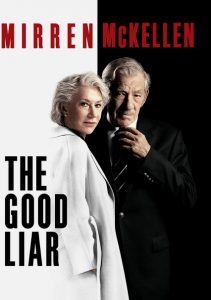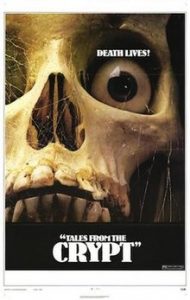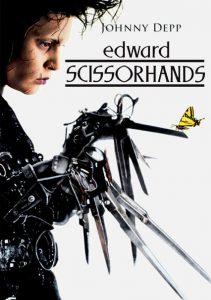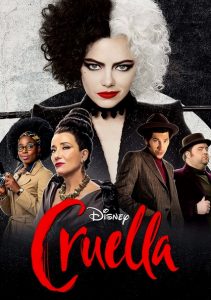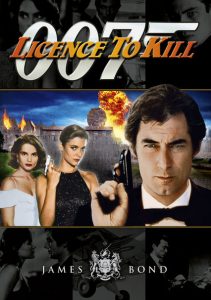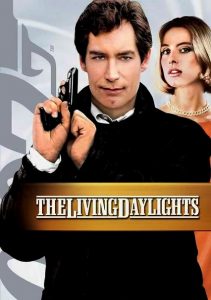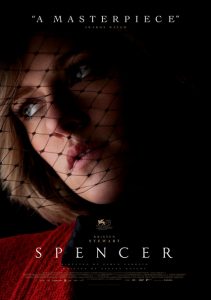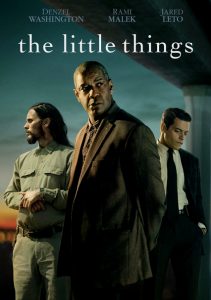Belfast-2021
Director Kenneth Branagh
Starring Jamie Dornan, Caitríona Balfe, Jude Hill
Scott’s Review #1,202
Reviewed November 28, 2021
Grade: A-
Belfast (2021) is a film I wanted to see based solely on the year-end awards buzz it is receiving as of this writing. The trailer would lead you to believe that the film is a sentimental and heartwarming journey through the lives of a group of people living in Belfast, Ireland.
This is nothing but strategic marketing.
The film is significantly better than the trailer suggests, offering a dark and raw exploration of a family torn between their current lives in Belfast and the opportunity to leave the troubled city for new prospects in England.
However, it’s not all doom and gloom, and in fact, Belfast offers enough humor, entertainment, and drama to please a broad audience. There also exists a lesson in kindness, decency, and respect that is so needed in the world today.
Belfast is a movie rich in real-life experiences from director Kenneth Branagh’s own life, which successfully lends realism and honesty to the picture.
The film is told through the eyes of a nine-year-old boy named Buddy, wonderfully played by Jude Hill. He struggles to forge a path from childhood to manhood in a world that has been turned upside down.
It is 1969, and battles over religion have overtaken his neighborhood with radical Protestants wanting the Catholics out.
Buddy experiences the joys and sorrows of young love, loss, joy, laughter, music, and the magic of the cinema.
His family surrounds him- Ma (Caitríona Balfe), Pa (Jamie Dornan), Granny (Judi Dench), Pop (Ciarán Hinds), and a brother. They each fill Buddy’s life with kindness and fun.
The film starts slowly for me, despite an immediate, wonderfully compelling slow-motion sequence in which Buddy is surrounded by violence and terror as he walks home from school on a pleasant afternoon.
As I ponder Belfast, I realize that much of the film is slow, yet rich in texture and goodness. Every so often, an emotional scene erupts, but then a great deal of it is Buddy’s everyday experiences.
The black and white cinematography is crucial in portraying the bleakness of Belfast and how its residents strive to add some life. Most are born and die where they live.
Branagh adds an occasional glimpse of color, which is effective to show a burst of delight in the characters’ lives. This is most powerful when the family goes to the cinema and enjoys an afternoon watching Chitty Chitty Bang Bang.
The lighting and extreme close-ups of some characters’ faces reveal their emotions, while the landscape shots are appropriately smoky and bright. This fits the mood perfectly.
The film features music by Belfast native Van Morrison, including eight classic songs and a new song Morrison wrote for the film.
The acting is superb by all the principal cast, and Dornan and Balfe provide the emotional core. Both actors are beautiful, and their performance of ‘Everlasting Love’ is simply delightful.
Providing proper role models for their children, Dornan’s Pa nearly had me in tears when he told Buddy that a person’s religious beliefs are unimportant, but their kindness is what truly matters.
He is a progressive man trapped in a traditional world.
In the end, the family chooses to reach for the stars, and the moment is fulfilling for both the characters and the viewers.
Belfast (2021) did not completely win me over until it ended, when I realized that I had witnessed a superior film. Branagh fuses heart and decency into a tale of a family’s struggles and trials.
It’s a message film that doesn’t scream or preach that message, but instead gives a quiet lesson in humanity.
Oscar Nominations: 1 win-Best Picture, Best Director-Kenneth Branagh, Best Supporting Actor-Ciarán Hinds, Best Supporting Actress-Judi Dench, Best Original Screenplay (won), Best Original Score-“Down to Joy”, Best Sound
